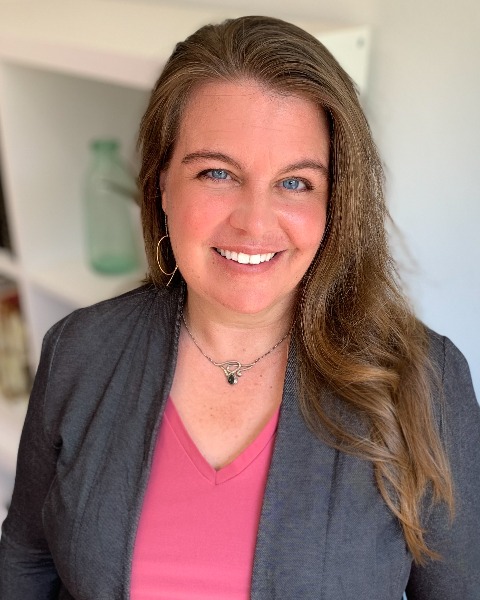Speed 30 min
Authentic Self and Neurodivergent Camouflaging: Unpacking the Risks and Benefits of Masking
Friday, November 14, 2025
3:10 PM - 3:40 PM ET
Location: Convention Center, 302/303
Grade Level: 6-8, 9-12, Postsecondary

Nicole N. Mattingly, MA (she/her/hers)
Doctoral Candidate
University of North Texas
Plano, Texas, United States
Short Description: We all adapt our behaviors to manage the way others perceive us in social settings; but this camouflaging can negatively affect self-concept and identity formation. This session delves into the concept of masking, using relatable research and anecdotal humor to reveal the balance we must strike to appear competent/capable/appropriate while nurturing an authentic self that values differences and uniqueness.
Learning Objectives:
- Define and differentiate between healthy social adaptation and potentially harmful masking/camouflaging behaviors, particularly within gifted and neurodivergent populations (recognizing the nuances between adaptive social skills and inauthentic self-presentation).
- Identify effects of camouflaging—impact on self-concept, identity formation, and group dynamics—including complex effects of masking, both positive (e.g., increased group acceptance) and negative (e.g., hindered creativity, damaged self-esteem).
- Gain practical strategies and actionable techniques to help gifted children navigate social expectations while fostering authentic self-expression and valuing individual differences.
